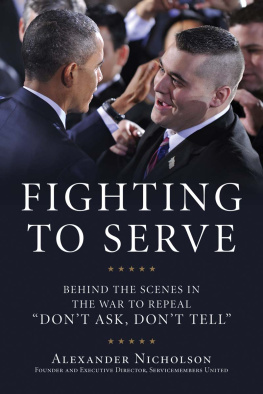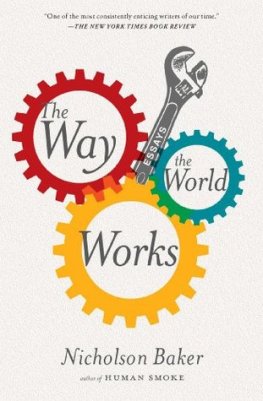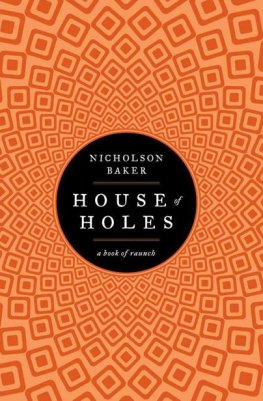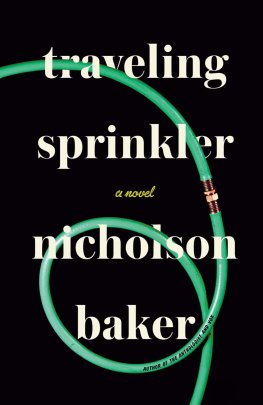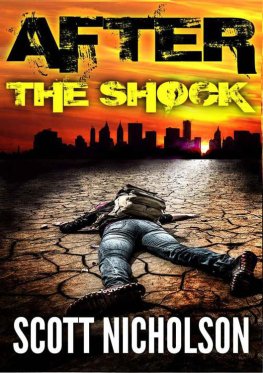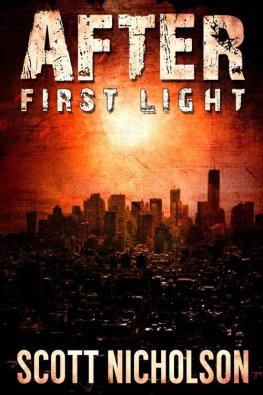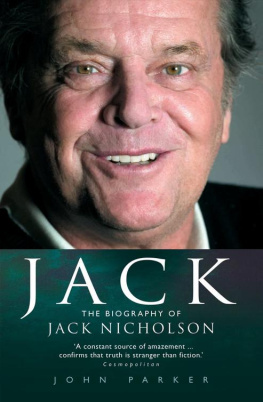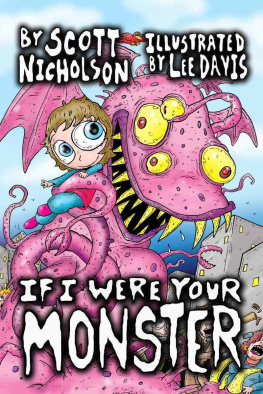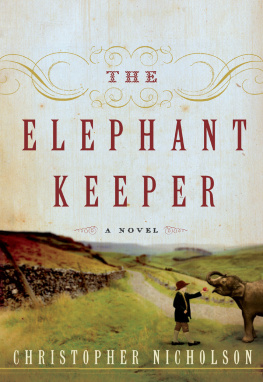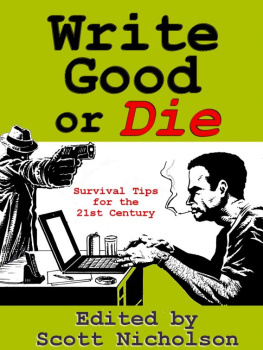
Copyright 2012 by Alexander Nicholson
All rights reserved
Published by Chicago Review Press, Incorporated
814 North Franklin Street
Chicago, Illinois 60610
ISBN 978-1-61374-372-0
Library of Congress Cataloging-in-Publication Data
Nicholson, Alexander.
Fighting to serve : behind the scenes in the war to repeal dont ask, dont tell / Alexander Nicholson.
p. cm.
Includes index.
ISBN 978-1-61374-372-0
1. Nicholson, Alexander. 2. Servicemembers United (United States) 3. Gay military personnelGovernment policyUnited States. 4. Gay rightsUnited StatesHistory21st century. 5. United States. ArmyGaysBiography. 6. Gay military personnelUnited StatesBiography. 7. HomosexualityPolitical aspectsUnited StatesHistory21st century. I. Title.
UB418.G38N53 2012
355.0086640973dc23
2012021821
Interior design: Jonathan Hahn
Printed in the United States of America
5 4 3 2 1

T O ALL THOSE WHO SERVED UNDER THE CLOUD OF D ONT A SK , D ONT T ELL AND ITS PREDECESSOR POLICIES, AND TO THOSE IN GENERATIONS TO COME WHO WILL NEVER HAVE TO BEAR ANY SUCH BURDEN AS A RESULT OF OUR HARD-FOUGHT BUT NARROWLY WON VICTORY IN THIS DIRTY POLITICAL WAR.

CONTENTS

ACKNOWLEDGMENTS
I never intended to write a book about this truly unique experience, and I actively resisted efforts aimed at recruiting me to do so for over a year. However, the patience and persistence of my exceptionally wise agent, Jon Sternfeld, ultimately led me to put this brutally honest testimonial down on paper, and I am eternally grateful for his confidence and guidance throughout the process. Similarly, I could not have withstood the intellectual, emotional, and technical rigors of such a project without my talented editor, Jerry Pohlen, to whom I also owe an enormous debt of gratitude for his enthusiasm and mentorship along the way. I would also like to thank all of those who fought honorably alongside us over the years. You know who you are, and the impact of your collective contributions is substantial. And last, there are countless others out there whom I would like to thank for the many bruises and scars inflicted throughout this saga, for I am exponentially stronger and wiser now as a result of those gifts.
1

I AM NOT AN ACTIVIST
This is done. With those three simple words, the president of the United States signed into law the Dont Ask, Dont Tell Repeal Act of 2010 on the morning of December 22, 2010. As I sat in the front row of the packed room, directly in front of the desk at which President Barack Obama signed our hard-won repeal bill into law and spoke those memorable words, I did not feel the sense of elation or fruition I thought I would feel after all those years of work. Perhaps it was because, as the five hundred politicians and progressive advocates seated behind me cheered, deep down I knew that the work was far from done. It would be up to us to continue the exhausting and draining fight to actually finish the job that had already bruised and bloodied us enough over the preceding years.
Instead of experiencing one on top of the world moment as hundreds did that morning, I had the privilege of being able to experience firsthand the dozens of small triumphs along the path leading up to that day. As the founder and executive director of Servicemembers United (SU), the nations largest organization of gay and lesbian troops and veterans during the Dont Ask, Dont Tell (DADT) repeal fight, and as the sole named veteran plaintiff on the only contemporary lawsuit to successfully challenge the constitutionality of the DADT law, I have the unique distinction of being the only person in the country to have been at the fore of each and every front in the war against DADTthe grassroots, the media, Congress, the administration, the Pentagon, and the courts. Several others were substantively involved in several of those fronts, but no one else helped lead the charge in all of those categories except for me, a distinction of which I am quite proud.
It is that body of experience that allowed me to recognize and truly live the small victories along the way, primarily because I was involved in or witnessed most of them personally. But all those experiences diminished the cumulative moment for me on that chilly December morning in 2010. I had not only seen firsthand the sausage making that was the DADT repeal fight; I had actively participated in the grinding. Id helped change the course of the fight, but the course of the fight had also significantly changed me.
I used to tell myself that if I ever wrote a book, it would be called I Am Not an Activist: One Activists Journey. Thats because when I first started doing DADT repeal advocacy work, I would always say to reporters and others who tried to label us veterans with that a word: Were not activists. Were not professionals. Were just ordinary people who are leaving our lives behind for a little while to do our part. But within six months, I had stopped saying that.
In the spring of 2006 a documentary filmmaker named Johnny Symons, who had been chronicling the DADT repeal movement for PBS, reminded me of how I used to say I am not an activist all the time when he first met me. He then asked me on camera if I still thought of myself as a nonactivist. I wish I could see the look I must have had on my face when I first realized that maybe this new lifestyle of politics and advocacy wasnt just temporary. Although that scene didnt make it into the groundbreaking documentary, a film aptly named Ask Not, PBS managed to capture the moment when I truly felt like I had become the unlikely activist.

I always found it funny when people would tell me that they came from a small town too, and that their small town had only about forty or fifty thousand people in it. To me growing up, a town of forty or fifty thousand was the big city. I would almost always win that Whose small town is smaller? contest, because as I always used to say at speaking events to give me some down home creds, I grew up in a small town in rural South Carolina with two thousand people and two stoplights. We had to drive an hour to get to the nearest mall or airport, we had no Walmart or real grocery storewe had to drive over to North Carolina for thoseand we had one high school for the whole county, because even the county only had about twenty-seven thousand people in it.
I consider myself to have grown up in a military family, although we werent really a traditional military family. We never lived on post and we didnt have to move around a lot, but my father spent a career in the US Army, which carried over into the first decade of my life. But by the time I was born, his military time was spent primarily in the Army Reserves, although I certainly remember the frequent drills and tours of duty that would send him awayfor far too long, as far as I was concerned. I remember holding onto his leg as he tried to leave for one reserve tour and not letting go until my mother repeatedly reassured me that she would make a special trip up to Virginia with me so that I could go visit him this time around.
Then in 1992, my father deployed to the Persian Gulf for Operation Desert Storm. I was one of only two kids in my school with a parent deployed for the Gulf War, but our little elementary school rallied around us like the whole school had been deployed. They held marches and tied yellow ribbons, and my whole fourth-grade class wrote frequently to my dad. Somehow he found the time in Saudi Arabia to write back to everyone, in between dodging Saddams Scuds and running supply convoys up to the front lines in Kuwait. He kept all of those letters from my classmates too, and I read some of them after he got back. I remember being shocked and appalled that some of the other kids in my class had asked him to send them some of the delicious chocolate Desert Bars that he had sent me and that I had taken to school to show off. Didnt they know that all candy procurements he could make were to go directly to me?
Next page
